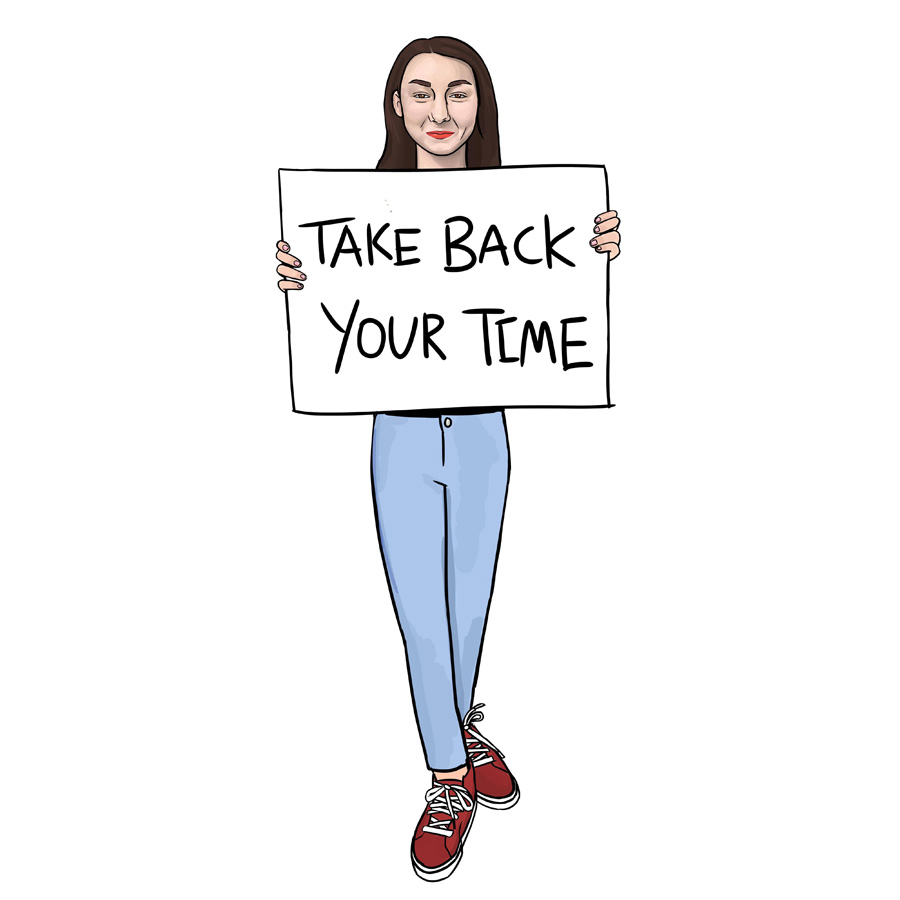“Do you have any hobbies, special interests, or special talents not mentioned above?”
I’d been filling out my TA profile late this summer, writing endless paragraphs on school activities and favorite classes, when this question confronted me. Simple enough, right? We all have hobbies and interests that keep life interesting between classes and homework assignments. But as I thought about my answer, I was forced to admit a profoundly bleak fact: for the past few years, I’ve had hobbies in name only — and that’s a problem that seems more common than we’d like to admit.
So how did this happen? At what point did I stop leading the rich, dynamic life I used to have — the kind where I had something concrete to look forward to after school and on the weekend, something besides homework, résumé-ready extracurriculars and mindless scrolling through social media in the time between?
I think the answer is this: as school became more intense and college loomed ever closer, all my hobbies were replaced with extracurriculars. Make no mistake, the two are vastly different things.
My hobbies had little practical use to me, other than the fact that they made life interesting and fun. Gymnastics, writing poetry, even stamp collecting: all ways I used to spend my time, all of which began to seem wasteful as school grew more time-consuming, all of which I’ve essentially abandoned.
I began to spend my time on more pragmatic things: Hebrew school, volunteering at the Boys and Girls Club, tutoring at the Peer Tutoring Center — all things I enjoyed, but none of which enriched my life the way my hobbies had.
A quick survey of my friends reveals a similar problem: ceramics, gardening, spirit week activities, even reading — all neglected in the rush of the school year. “I’ve wanted to help out with the theater set stuff, but I always have softball practice.” “I picked up ukulele, but now I don’t have the energy to maintain it. All the time I’m not doing something, I sleep.” “No one does anything just to do it anymore.” One after another, I see lives pressed flat, reduced to colorless monotony by the time pressures of school and extracurriculars.
We may be so used to our hobby-free lives that it seems normal not to invest time in the things we love, but in reality, that sacrifice makes us robots.
We may be so used to our hobby-free lives that it seems normal not to invest time in the things we love, but in reality, that sacrifice makes us robots. I’ve steadily abandoned many of the things that used to bring color and excitement into my life; that’s not to say I don’t have fun anymore, but the things I do in my spare time are no longer those that once made me myself.
Ironically, my dedication to academics has made me less of an intellectual and a reader outside of school. The rush for college acceptance has created narrow, studies-obsessed students — the opposite type from what colleges claim to want.
But I don’t place full responsibility for this loss on school or college applications. For many of us, sacrificing hobbies has been a matter of prioritization and time management; we choose to value school over “real life.”
When it comes to spare time, I’m guilty of clicking aimlessly through Facebook, wasting time on something that rarely makes me happy. Increasingly, I hear my peers answer “What do you do for fun?” with some variation on “watch Netflix.”
Maybe we’re too tired to engage in meaningful activities once our work is done; maybe we simply don’t value those activities as much as we should.
So what can be done? I’ve yet to find a good answer. Can we take back some of our spare time without jeopardizing our success? Would it have made a difference if I’d sacrificed some volunteer work so I could make time to write, exchanged a few hours of tutoring for hikes with my dad? That’s not a guarantee I can confidently make.
But I can say this: at some point, the things we gain by abandoning our hobbies cease to warrant the sacrifice. If our definition of success does not include enjoying life, it’s a meaningless definition. And dedicating just an hour a week to things that make us genuinely excited can’t possibly derail our academic careers. This month, I bought two poetry books and set aside the time to read them. I hope you’ll make a similar commitment, tiny as it may be, to something you love. v



